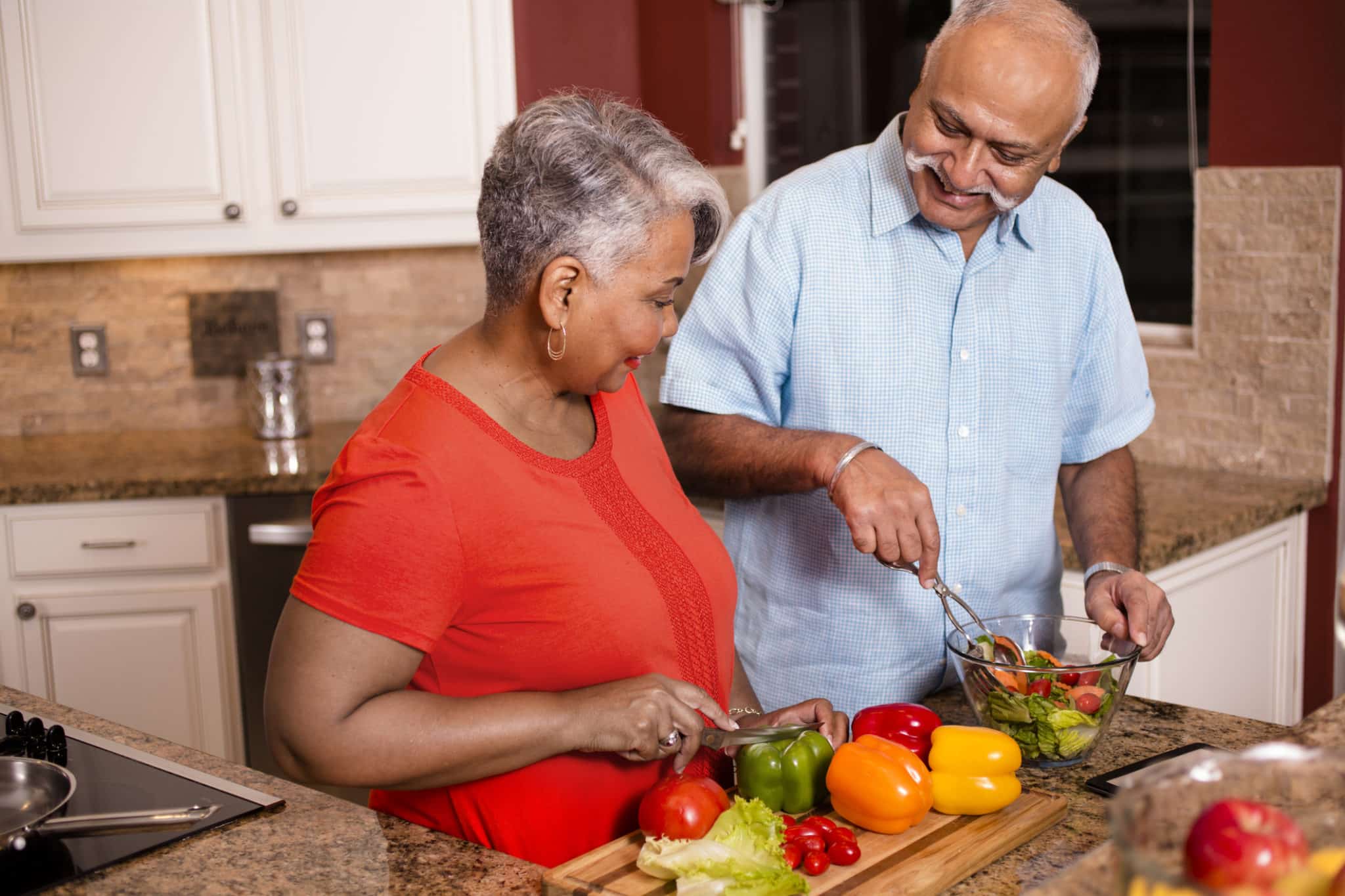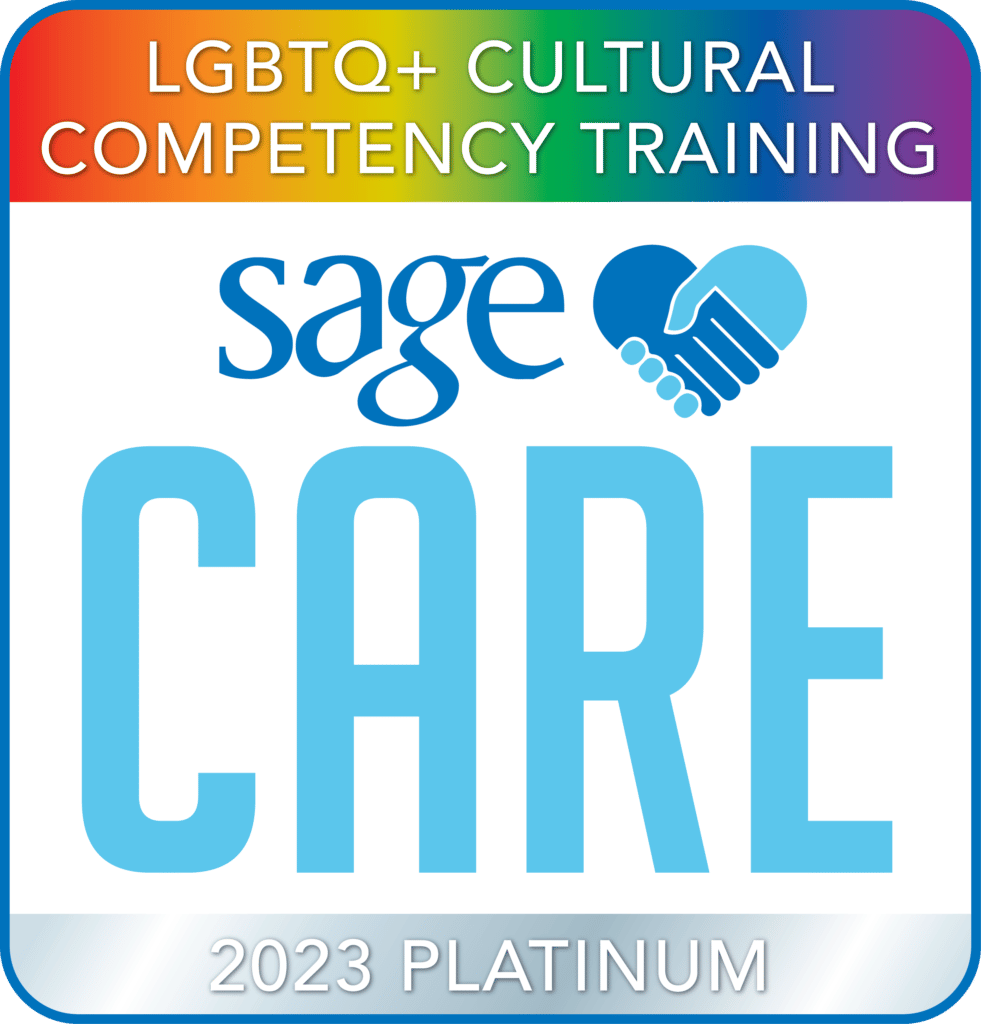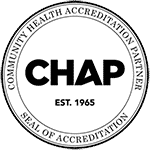Food Matters – Maximizing Nutrition Among Seniors

Good nutrition and a healthy diet is an essential for every time of life, but is more of a challenge for seniors. As we age, our bodies can become less effective at getting nutrients from the food we eat, appetites can decrease, chewing certain foods becomes more difficult, and many older adults experience mobility issues that make shopping and food preparation more difficult. Putting the extra effort into getting the right nutrients, however, is very important, as they significantly impact health, wellness and quality of life.
Here are some strategies from our at home health care agency for helping to improve the diet and nutrition of your elderly loved one:
Five steps to take to help ensure good nutrition in your elderly loved one
- This important first step in the process will help you find out the quality of your loved one’s nutrition, what they are missing and where complications are occurring, so that you can develop a plan that suits their need. Ask your physician to recommend a nutritionist to assist you.
- Know the basics. The Health and Medicine Division of the National Academies of Science, Engineering, and Medicine’s guidelines for nutrition in older adults are a good way to get to know the basics. Fruits and vegetables should be central to the diet, along with nuts, legumes and wholegrains, fish and low-fat dairy products. Sugar and refined foods should be limited.
- Small, frequent meals. Large portions can be intimidating and result in limited nutritional intake (for example, just eating one type of food on the plate before becoming full). Encourage smaller portions more frequently from a greater variety of foods. Snacks of yogurt and fresh fruit between meals with lean protein and a few different vegetables help create a more varied diet and make eating greater quantities of food easier.
- Healthy calories. If maintaining weight or gaining weight needs to occur, choose high-calorie healthy options like health shakes and protein-filled smoothies. These often contain plenty of vitamins and additional nutrients and are easy to eat and digest —just be sure not to choose one that is high in sugar.
- Ask for help. For many seniors and their caregivers, mealtimes are a challenge that take up a lot of time and effort. There are many meal services, however, that specialize in nutritionally-balanced home-cooked meals for seniors who can take the strain off you and your loved one. Try a few providers in your area and look for meals that meet the guidelines of your physician and nutritionist.
Professional, affordable at home care for the elderly in NJ
United Methodist Communities strives to offer the very best home health aide services in New Jersey through HomeWorks. This program assists the elderly in the comfort of their own homes and offers them, their families and caregivers, personalized, compassionate care that prioritizes health, happiness and independence.
For more information about our at home healthcare agency or our home help services for the elderly, please contact us today or visit our website at https://umcommunities.org/homeworks/elderly-home-health-care-nj/






